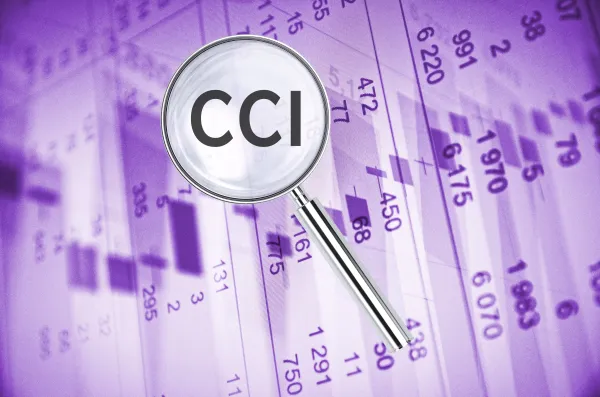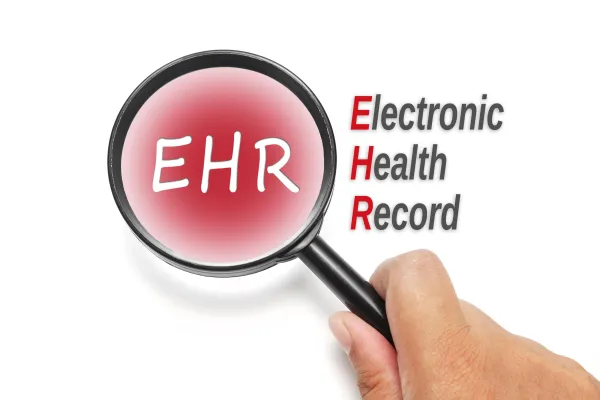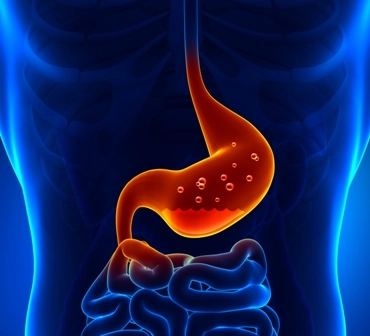General Surgery Coding Alert
CPT® 2022:
Check Out New Surgery T-Codes and More Before Jan. 1
Published on Mon Oct 18, 2021

You’ve reached your limit of free articles. Already a subscriber? Log in.
Not a subscriber? Subscribe today to continue reading this article. Plus, you’ll get:
- Simple explanations of current healthcare regulations and payer programs
- Real-world reporting scenarios solved by our expert coders
- Industry news, such as MAC and RAC activities, the OIG Work Plan, and CERT reports
- Instant access to every article ever published in Revenue Cycle Insider
- 6 annual AAPC-approved CEUs
- The latest updates for CPT®, ICD-10-CM, HCPCS Level II, NCCI edits, modifiers, compliance, technology, practice management, and more
Related Articles
Other Articles in this issue of
General Surgery Coding Alert
- CPT® 2022:
Check Out New Surgery T-Codes and More Before Jan. 1
From transnasal EGD to POEM, you’ve got a lot to learn. Uncharacteristically, most of the [...] - E/M:
Clarify 99211 for CPT® 2022
Note chronic care management updates, too. After nearly a year living with code revisions to [...] - QPP:
Expect CMS to Sunset MIPS by 2027
And look for MVP reporting delay. With the six-year anniversary of the Quality Payment Program [...] - You Be the Coder:
Avoid Patient Payment for Screening Colonoscopy
Question: Our surgeon performed a screening colonoscopy for a 65-year old Medicare patient, but during [...] - Reader Questions:
Up the Ante on Bilateral Documentation
Question: Our provider performed a bilateral ultrasound (US)-guided fine needle aspiration (FNA) biopsy of the [...] - Reader Questions:
Pinpoint COVID Vaccine Adverse Reaction Codes
Question: How do we code an adverse reaction to a COVID-19 vaccine that was noted [...] - Reader Questions:
Use CMS-838 For Return Payment
Question: How can we be sure we’re refunding the correct amount when a claims processing [...]
View All




